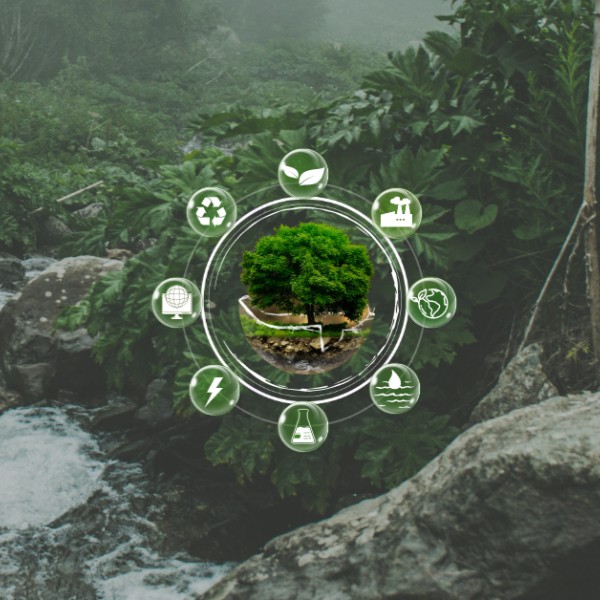Most professors are integrated in the research group where they develop R&D projects. Even with the current difficulty, the group¿s research activity grew, as with their help/guidance, professors have been submitting project applications and providing services.
Some professors also add to their R&D activities work developed in external research centers, classified as EXCELLENT/VERY GOOD, namely IDL, MARE, C2TN, IDMEC, LarSys, CQE, LEAF.
The increase in the number of proposed submissions of submitted projects (eg FCT, Environmental Fund, EEA GRANTS) is notorious.
The degree of internationalization of the professors results from the work developed in projects financed by the EU, related to energy, environment and climate change in Portugal and in countries in Africa, Latin America, the Caribbean and Asia. There are professors with relevant work experience as experts in energy and environment, environmental education and climate change for UNDP, UNCSTD, WMO, ADB and World Bank. Having participated, in the last five years, in several projects of the EU's AMCC program.











